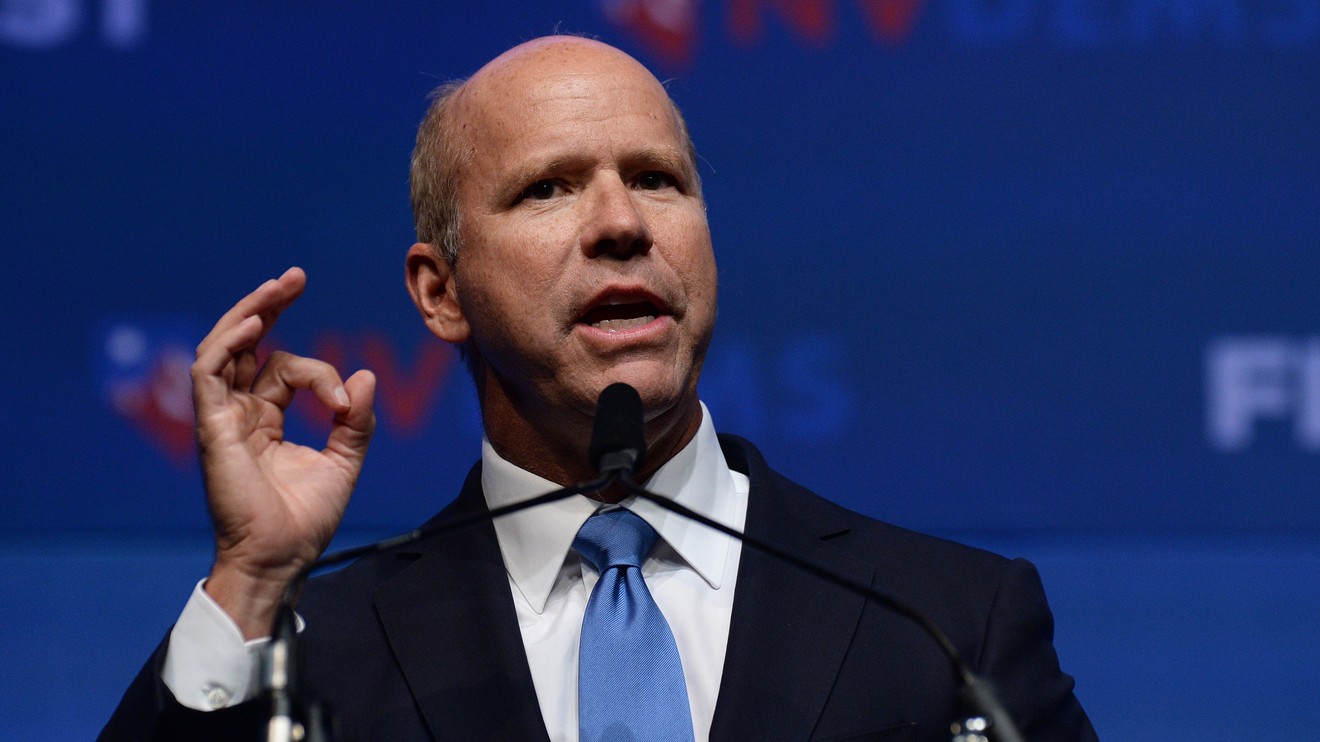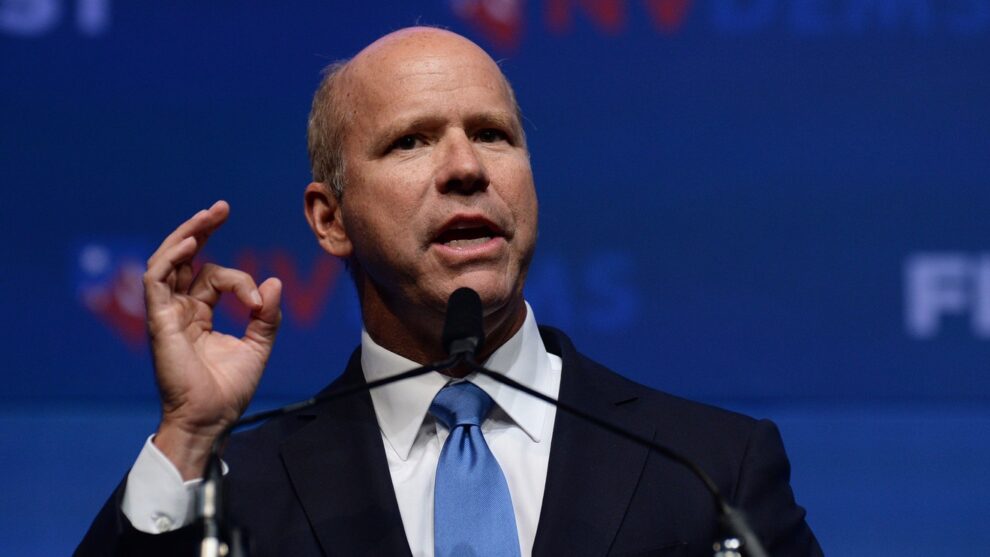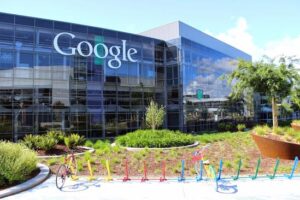
A former Democratic congressman has an idea to give COVID-19 vaccine compliance a shot in the arm — by adding an extra $300 or $400 to the stimulus checks of Americans who get vaccinated.
John Delaney, a 2020 presidential candidate who represented Maryland’s sixth congressional district from 2013 to 2019, has floated the idea of paying Americans to get a COVID-19 vaccination before, after several surveys suggested many people are hesitant to receive one of the vaccine candidates.
So as the emerging fourth emergency coronavirus-relief bill was expected to be passed on Monday, including direct $600 payments to individuals that critics complained didn’t go far enough, Delaney resurfaced his idea to provide a financial incentive for inoculations by suggesting that anyone who gets vaccinated gets another few hundred dollars in their stimulus check.
“ ‘Imagine if we made that [second stimulus check] $900 or $1,000, and $600 went to everyone, and another $300 or $400 went to you when you received the vaccine.’ ”
“Ideas like that should be put in the mix,” Delaney told Yahoo Finance Live, “because it takes a stimulus check, which is important, and it also creates an incentive for people to get vaccinated, which is incredibly important.”
Indeed, many Americans expressed concern that a $600 stimulus check — half the size of the typical check under the first stimulus package — won’t be enough to help them make ends meet as the pandemic continues into the winter, and many parts of the country have enacted lockdown measures once again as cases of COVID-19 and hospitalizations have spiked to record levels since Thanksgiving.
The Food and Drug Administration has granted emergency-use authorization for two COVID-19 vaccines, one developed by Moderna Inc. MRNA, -1.38% and another from BioNTech BNTX, +2.13% and Pfizer PFE, -0.80%. President-elect Joe Biden got his first dose of the latter vaccine on camera on Monday, assuring Americans that there is “nothing to worry about” and urging them to get vaccinated.
And while more Americans now say they’ll get a COVID-19 vaccine once it’s available compared with surveys conducted in the fall, there are still concerns that there won’t be enough people complying to reach herd immunity. The Kaiser Family Foundation found that 71% of respondents said they would definitely (41%) or probably (30%) get a COVID-19 vaccine if it were deemed safe by scientists and available for free, and a recent Axios/Ipsos poll found that 27% of Americans now say they plan to get a coronavirus vaccine as soon as it becomes available. But Dr. Anthony Fauci, the director of the National Institute of Allergy and Infectious Diseases, has said that at least 75% to 85% of the country needs to be vaccinated in order to achieve herd immunity.
Read:More Americans now say they’ll get a COVID-19 vaccine once it’s available
“The data or the polling suggests that not enough Americans are focused on getting the vaccine in the short term,” Delaney, a onetime executive in health-care finance, continued. “So I think if we could create an incentive to … get 75% of the country vaccinated sooner, that would end this tragedy of COVID and allow us to get back to normal faster.”
Former 2020 Democratic presidential candidate Andrew Yang has supported Delaney’s idea, and Robert Litan, an economist from the Brookings Institution who served in the Clinton administration, issued a report in August that suggested giving people $1,000 apiece to get the vaccine. “If you paid $1,000 a person — so for a family of four you’re talking $4,000. In these hard times, that’s a lot of money, and I think a lot of people would take the vaccine for $1,000,” he said.
But giving Americans a grand apiece to reach 80% herd immunity would cost the U.S. roughly $275 billion, which Milken Institute Chief Economist William Lee noted in August is half the cost of Medicaid spending, which totaled $616 billion in 2019. “That’s a lot of money,” he said.
A recent New York Times op-ed also warned that paying people to get the vaccine could backfire: Even though the data so far suggest that the vaccine candidates from Pfizer and Moderna are safe and effective, paying people to get them could create distrust and make people think the COVID-19 vaccines are actually risky.
Click here if you have questions about the coronavirus vaccines.
And stay up to date with the latest on stimulus-package negotiations here.






